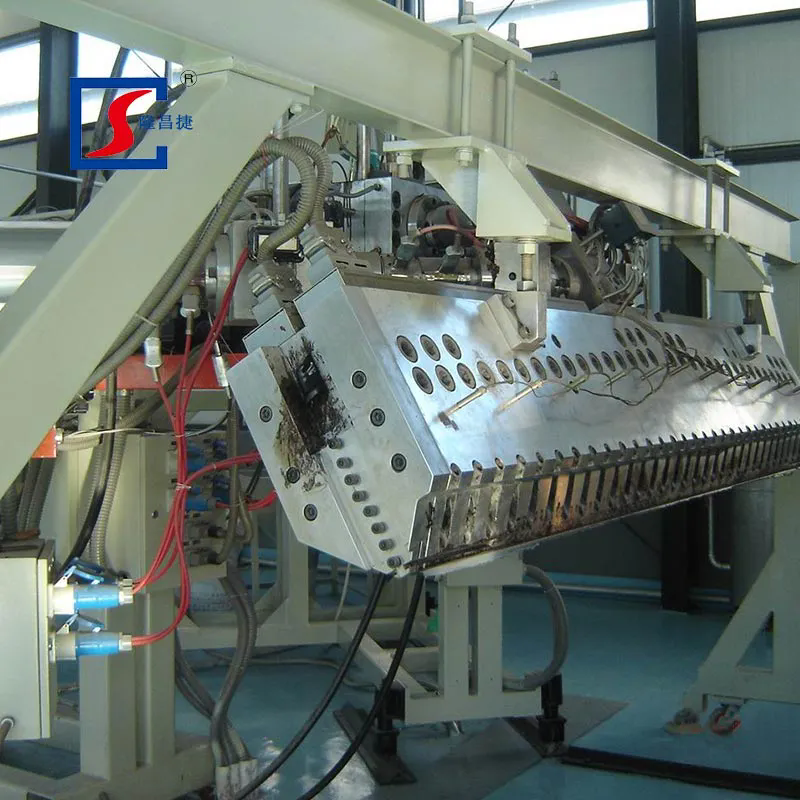How Does a Board Production Line Revolutionize Manufacturing?
2024-11-27
In industries where efficiency and precision are key, a board production line plays an essential role. From creating circuit boards for electronics to producing wooden boards for construction, these automated systems streamline manufacturing processes. But what makes board production lines indispensable, and how do they work? Let’s take a closer look.
What Is a Board Production Line?
A board production line is a set of automated machines designed to produce various types of boards, such as printed circuit boards (PCBs), composite boards, or wooden boards. The system integrates multiple steps, including cutting, assembly, lamination, and inspection, into a seamless process that enhances productivity and consistency.
Why Are Board Production Lines Important?
1. Efficiency Boost:
Automation reduces manual intervention, speeding up production and minimizing downtime.
2. Cost Reduction:
By streamlining operations, companies save on labor and material wastage.
3. Consistency and Precision:
Automated systems ensure uniform quality, meeting industry standards for every unit produced.
4. Scalability:
Production lines can easily be scaled to meet increased demand without compromising efficiency.
How Does a Board Production Line Work?
1. Material Preparation:
Raw materials such as wood, metal, or fiberglass are loaded into the system.
2. Shaping and Cutting:
Advanced machines cut the materials into specific dimensions, ensuring accuracy.
3. Lamination and Coating:
Layers are bonded or coated to enhance durability and meet specific requirements, such as moisture resistance.
4. Assembly:
For boards like PCBs, components are soldered and assembled with precision tools.
5. Inspection and Quality Control:
Automated systems or human inspectors check for defects to maintain high standards.
6. Packaging and Storage:
Finished boards are packaged for shipment or stored for future use.
What Types of Boards Are Produced?
1. Printed Circuit Boards (PCBs):
Used in electronics, these boards require precise assembly of circuits and components.
2. Wooden Boards:
Common in construction and furniture, they are shaped, sanded, and treated for durability.
3. Composite Boards:
Made of materials like MDF or particleboard, these are often used in cabinetry and flooring.
4. Insulation Boards:
Designed for thermal or sound insulation, these boards are widely used in building construction.
What Technologies Power a Board Production Line?
1. CNC Machines:
For accurate cutting and shaping of materials.
2. Automation Software:
Controls production steps and ensures seamless operation.
3. Inspection Systems:
Cameras, sensors, and AI-powered tools detect defects in real-time.
4. Lamination Equipment:
Ensures materials are securely bonded for added strength and functionality.
5. Robotic Arms:
Handle assembly and material handling tasks with precision.
How Does a Board Production Line Benefit Different Industries?
1. Electronics:
PCB production lines enable mass production of reliable and complex electronic components.
2. Construction:
Wooden and composite board lines provide materials for flooring, walls, and furniture.
3. Automotive:
Insulation boards and specialized composite boards are essential for vehicle interiors.
4. Aerospace:
Lightweight yet durable boards are manufactured for aircraft interiors and components.
5. Renewable Energy:
Solar panel production relies on high-precision board manufacturing processes.
What Should You Consider When Setting Up a Board Production Line?
1. Production Volume:
Assess the output capacity needed to meet market demand.
2. Material Compatibility:
Ensure the line can handle the specific materials required for your products.
3. Customization Needs:
Look for flexibility to adapt to design changes or diverse board types.
4. Quality Standards:
Invest in reliable inspection tools to maintain consistent product quality.
5. Energy Efficiency:
Opt for eco-friendly systems to reduce operational costs and environmental impact.
Why Is Automation Key to Future Production Lines?
As industries evolve, automation is becoming increasingly critical in manufacturing. A fully automated board production line reduces errors, maximizes efficiency, and allows businesses to remain competitive in a fast-paced market.
Whether it’s for electronics, construction, or specialized applications, board production lines are the backbone of modern manufacturing. Investing in the right system ensures precision, scalability, and sustainability, driving success in today’s competitive landscape.
Are you ready to optimize your production? A board production line might be the solution you need.



